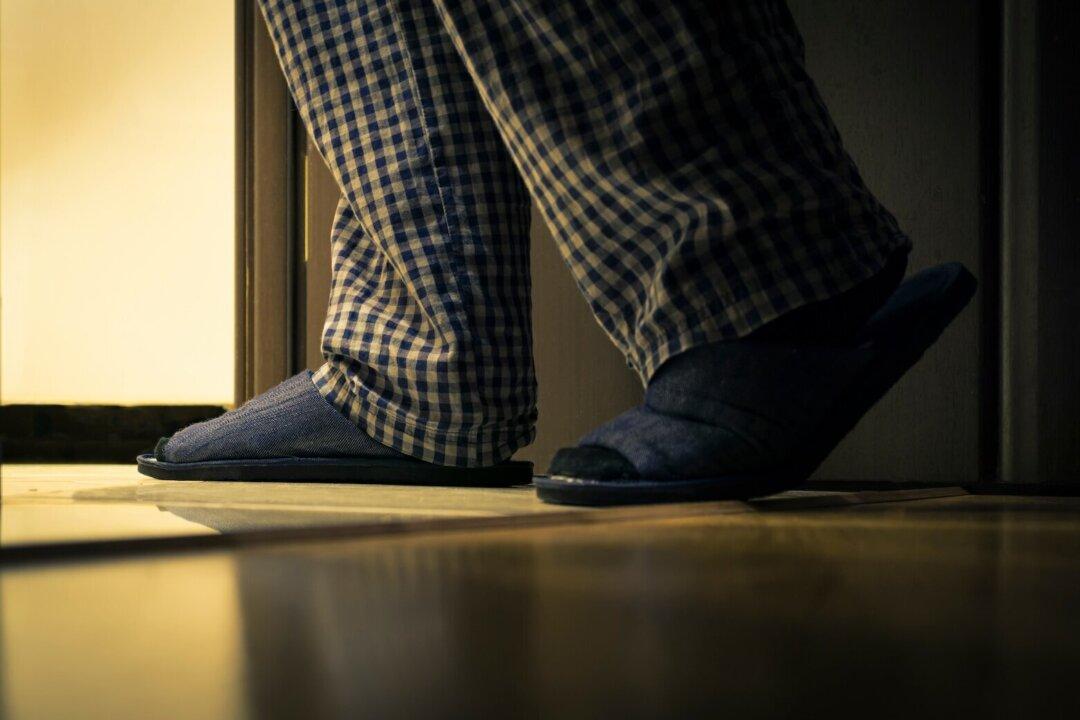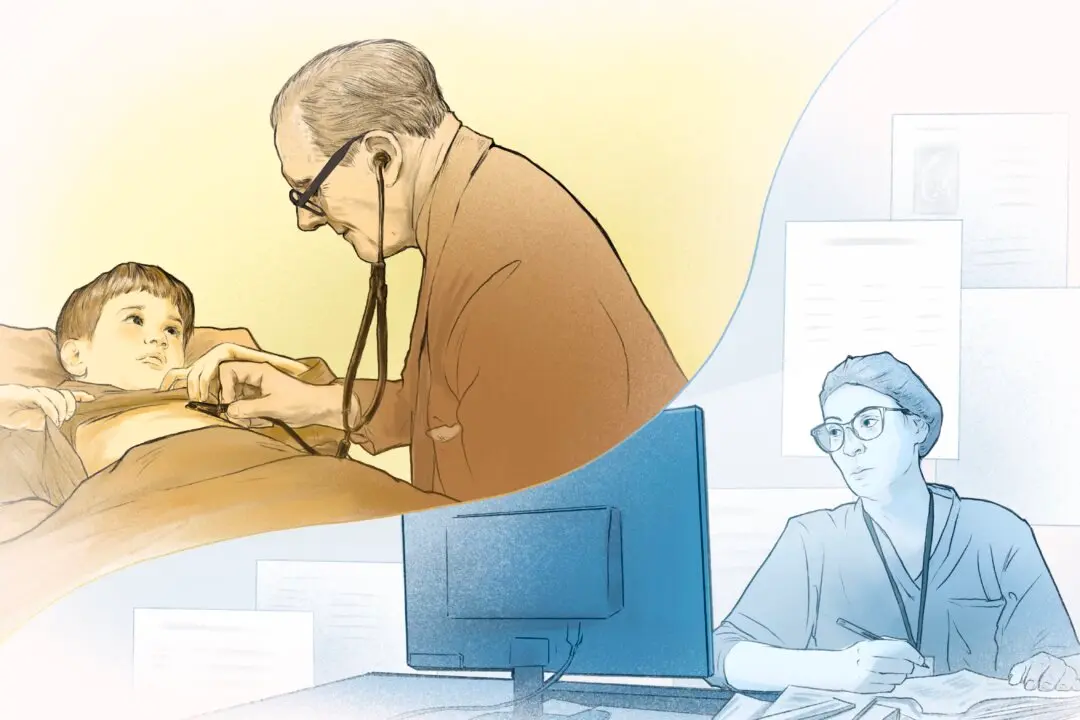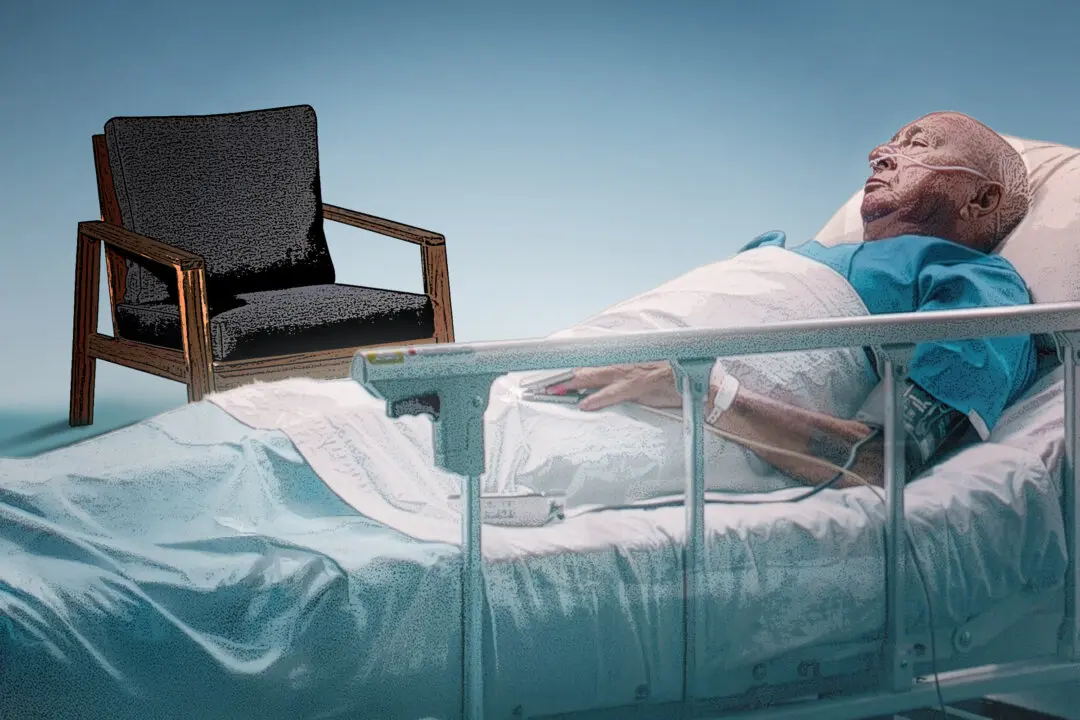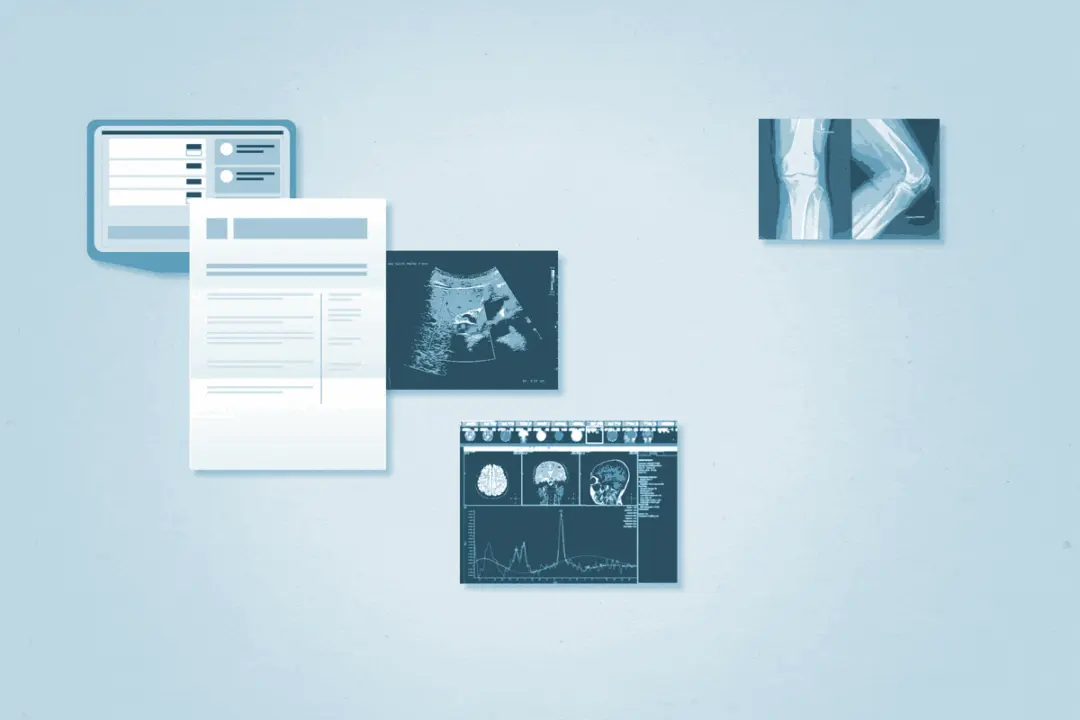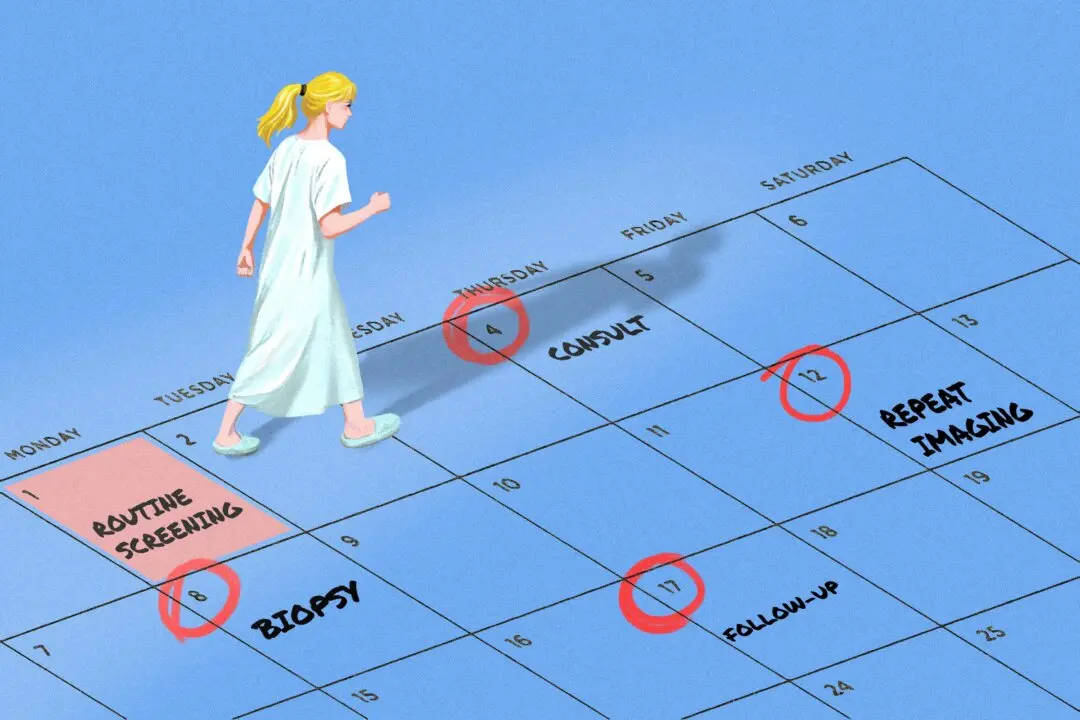Experiencing nightly bathroom visits? You’re in good company. Nocturia, the medical term for this phenomenon, undermines the essential sleep of many adults.
The Awakening
Nighttime awakenings steal the rejuvenating power of a good night’s rest and leave many lacking the restorative sleep necessary for health and daily function. There are effective strategies to reduce these unwanted interruptions and help you reclaim the restful night your health requires.Research reveals that about one-third of those older than 30 encounter nocturia. This prevalence increases with age, affecting nearly half of people older than 65.

